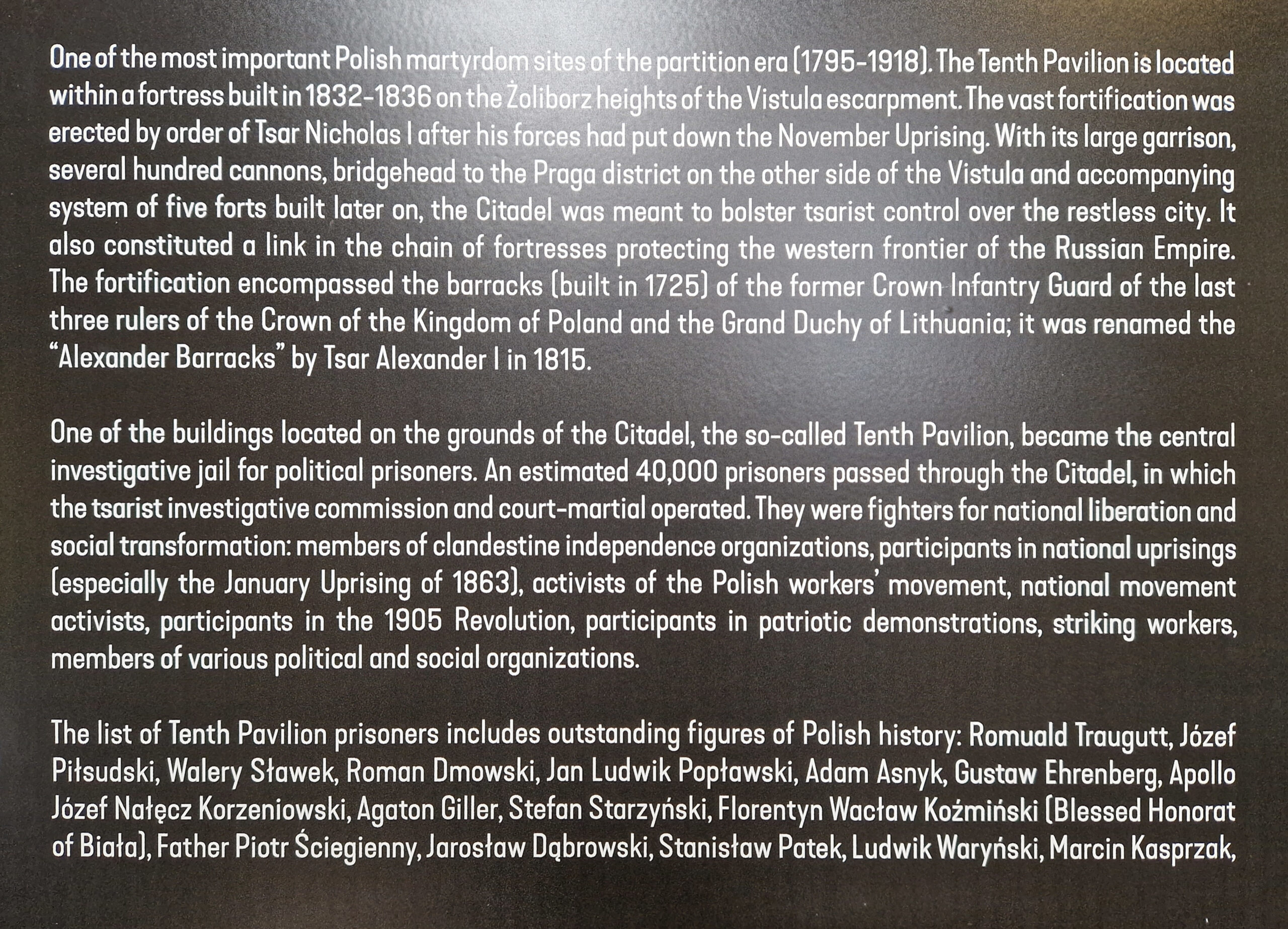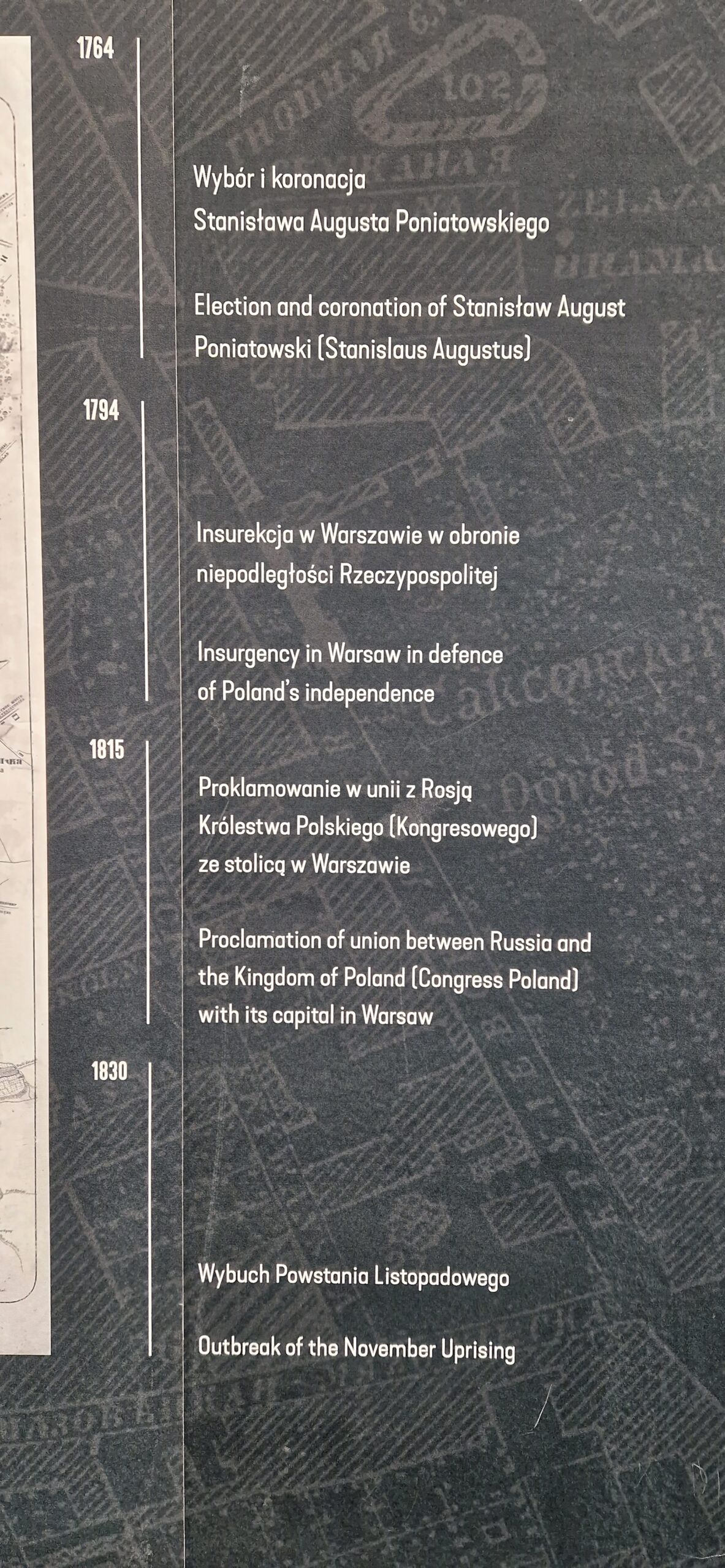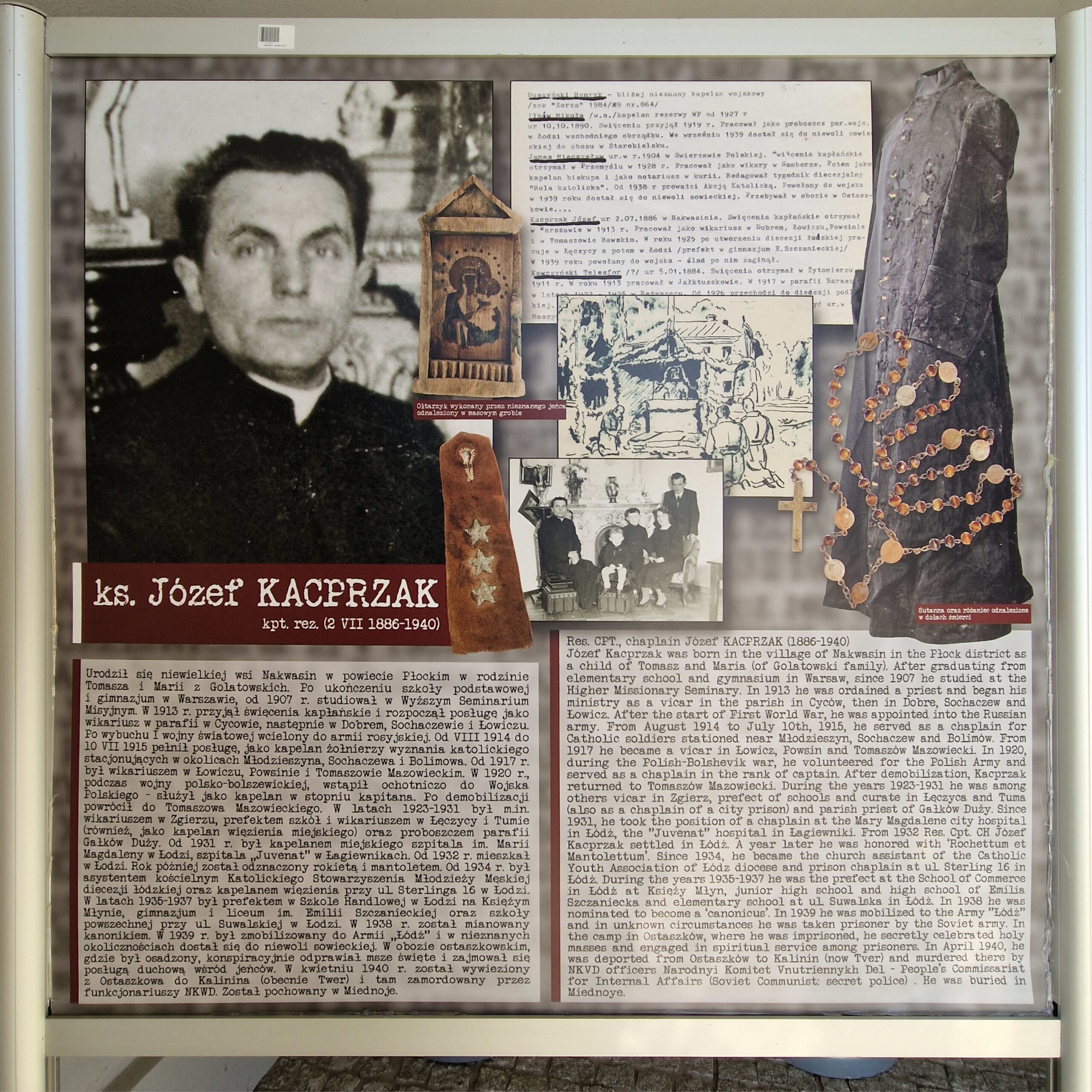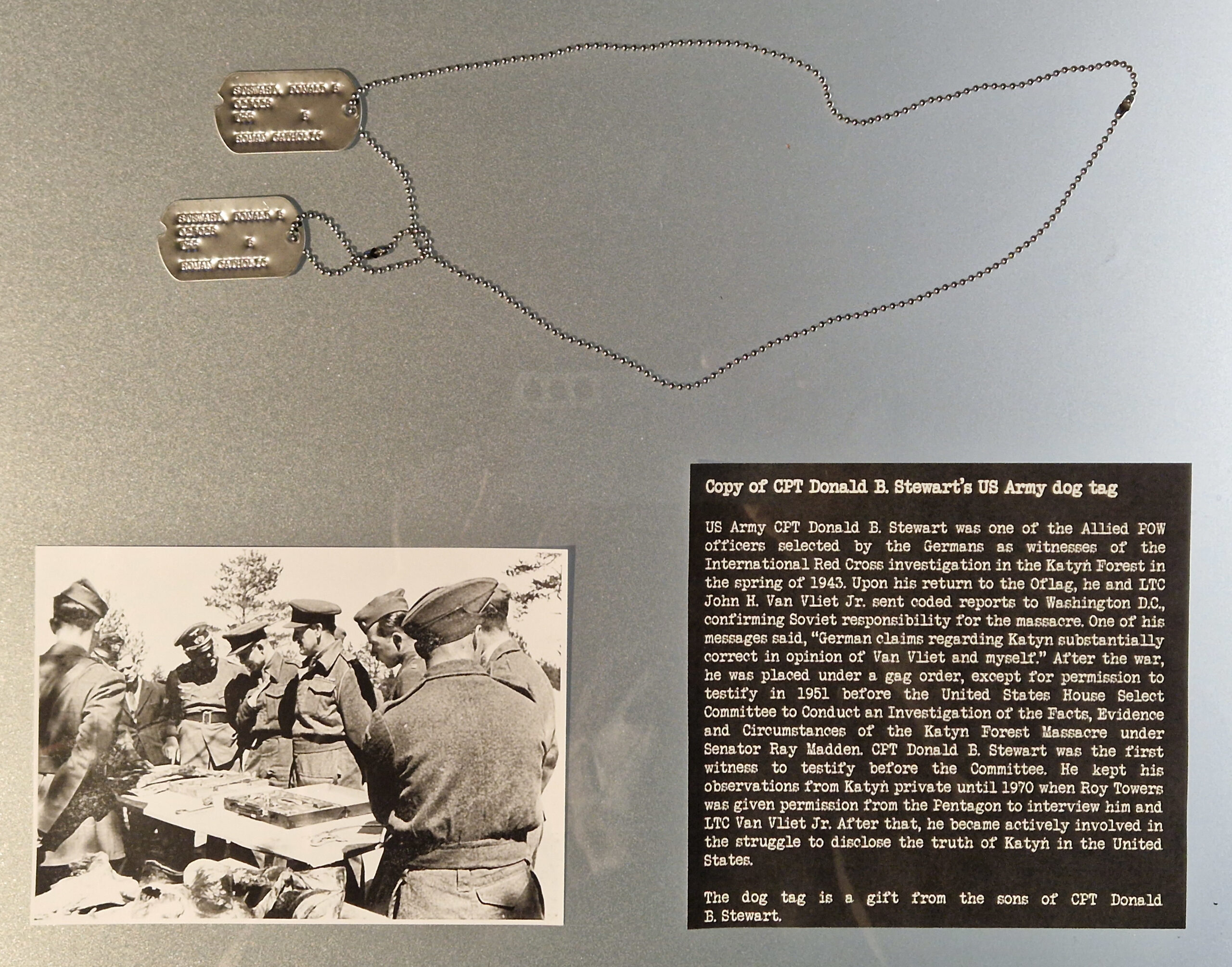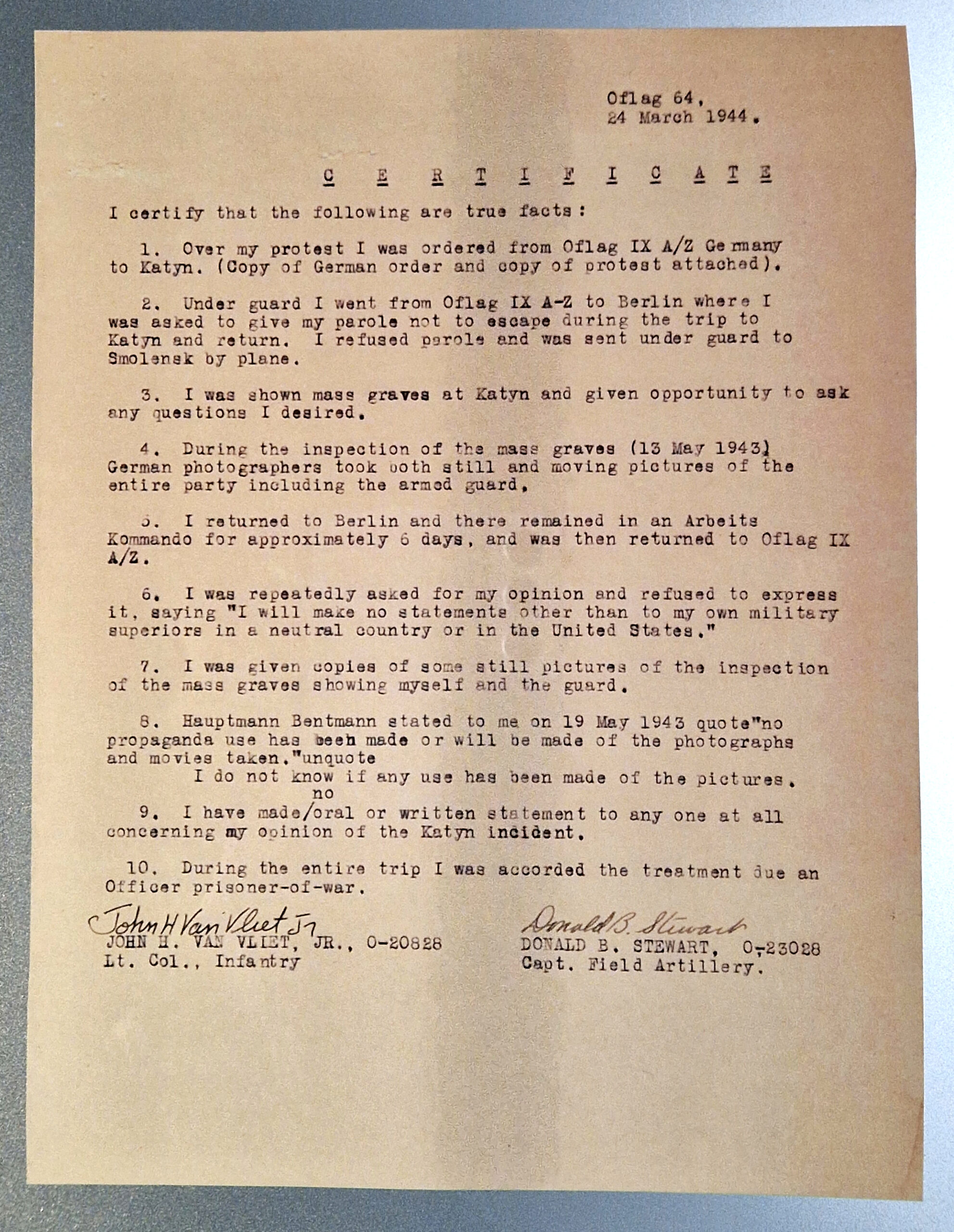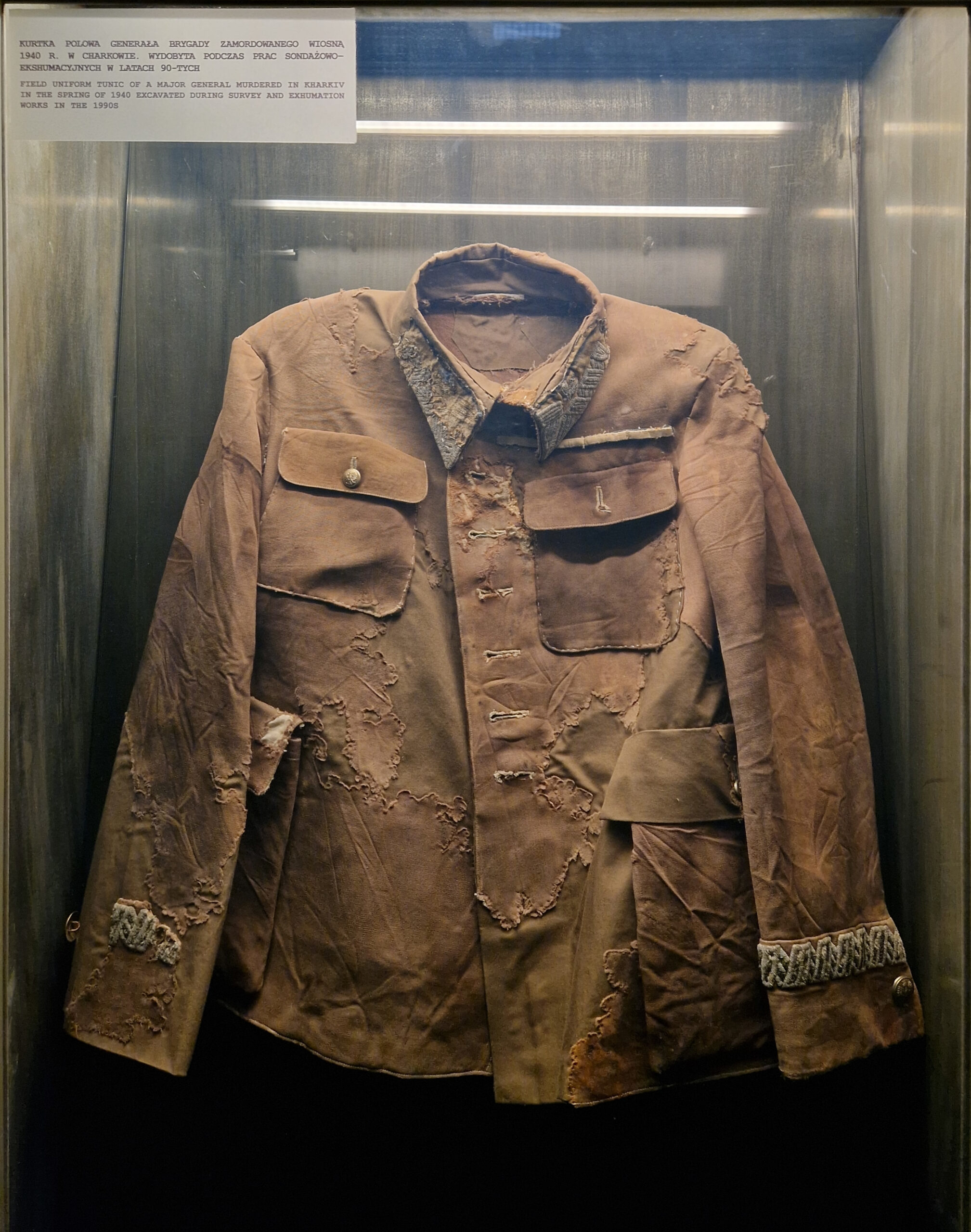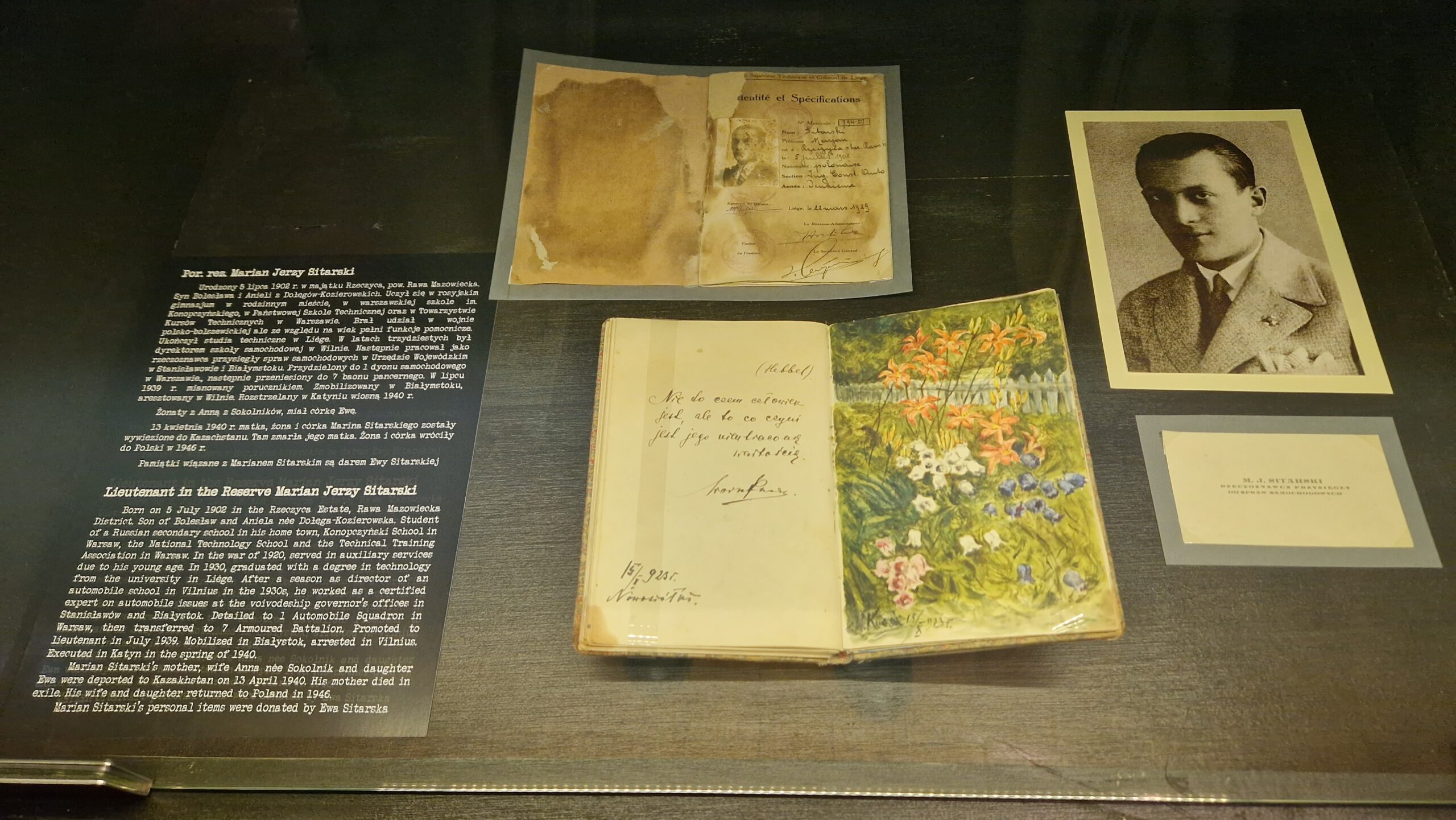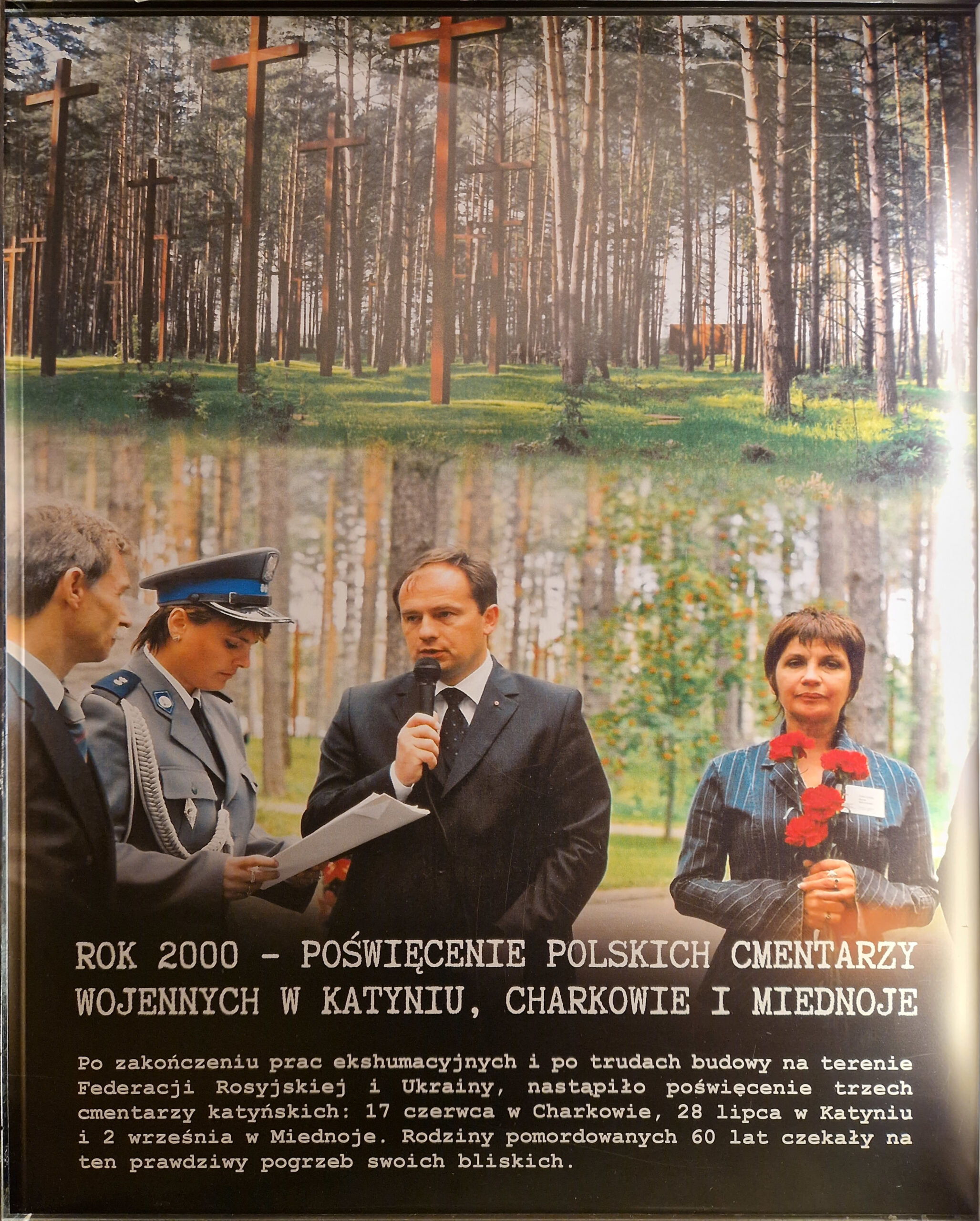Facebook and Instagram users in some countries will be allowed to call for violence against Russians and Russian soldiers in the context of the Ukraine invasion, after parent company Meta made a temporary change to its hate speech policy.
The company is also temporarily allowing some posts that call for death to the Russian president, Vladimir Putin, and his Belarusian counterpart, Alexander Lukashenko, in countries including Russia, Ukraine and Poland, according to internal emails to its content moderators.
“As a result of the Russian invasion of Ukraine we have temporarily made allowances for forms of political expression that would normally violate our rules, like violent speech such as ‘death to the Russian invaders’. We still won’t allow credible calls for violence against Russian civilians,” Meta said in a statement.
…
The temporary policy changes on calls for violence against Russian soldiers apply to Armenia, Azerbaijan, Estonia, Georgia, Hungary, Latvia, Lithuania, Poland, Romania, Russia, Slovakia and Ukraine.
In the email recently sent to moderators, Meta highlighted a change in its hate speech policy pertaining both to Russian soldiers and to Russians in the context of the invasion.
“We are issuing a spirit-of-the-policy allowance to allow T1 violent speech that would otherwise be removed under the hate speech policy when: (a) targeting Russian soldiers, except prisoners of war, or (b) targeting Russians where it’s clear that the context is the Russian invasion of Ukraine (eg content mentions the invasion, self-defense, etc),” it said in the email.
“We are doing this because we have observed that in this specific context, ‘Russian soldiers’ is being used as a proxy for the Russian military. The hate speech policy continues to prohibit attacks on Russians.”
…
Emails also showed that Meta would allow praise of the Ukrainian far-right Azov battalion, which is normally prohibited.
Meta spokesman Joe Osborne previously said the company was “for the time being, making a narrow exception for praise of the Azov regiment strictly in the context of defending Ukraine, or in their role as part of the Ukraine National Guard”.

 Der Krieg wird nicht mehr erklärt,
Der Krieg wird nicht mehr erklärt,


